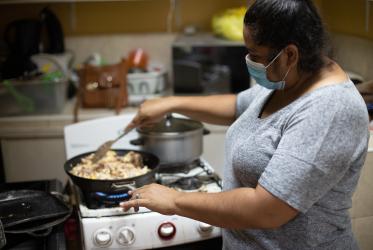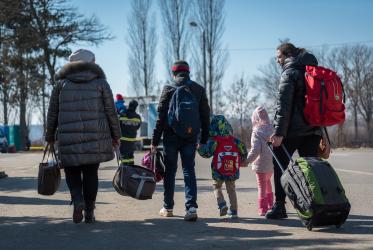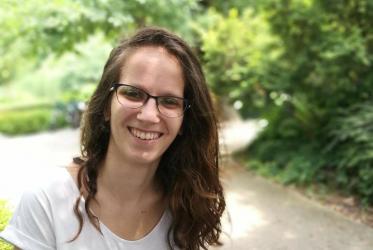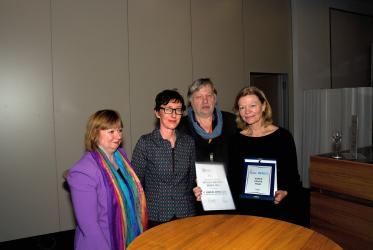Displaying 1 - 20 of 27
"A world free from nuclear weapons is possible"
11 September 2023
WCC honoured with Geneva Engage Award
01 February 2022
Markus Imhoof film receives human rights award
10 October 2019
Christian communicators work to counter hate speech against refugees
10 December 2018
WCC Blue Community implements water changes in the Ecumenical Centre
16 February 2017
WCC convenes strategic meeting on sustainable development goals
11 February 2016
Fleeing from – rather than to – a place
10 February 2016














